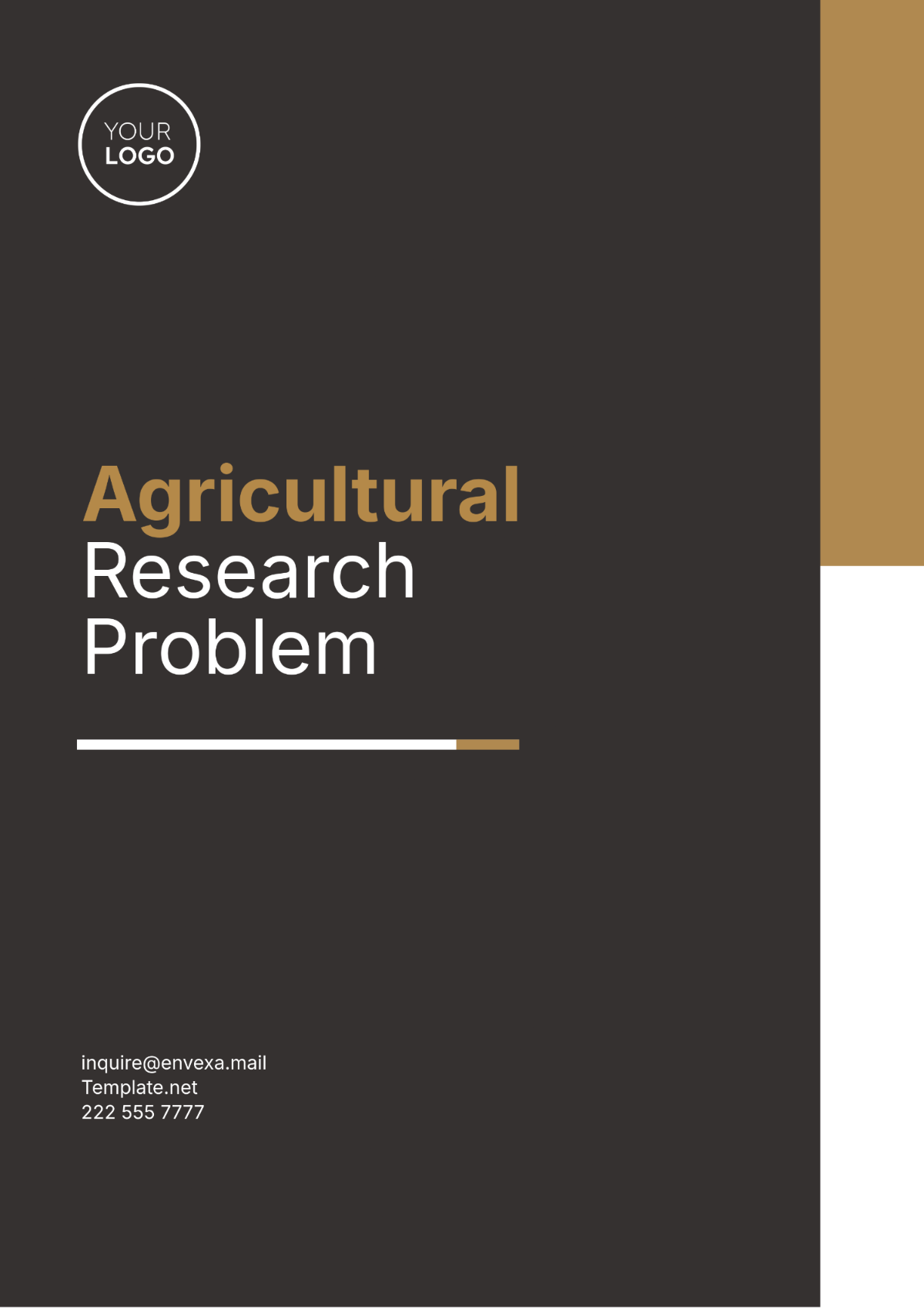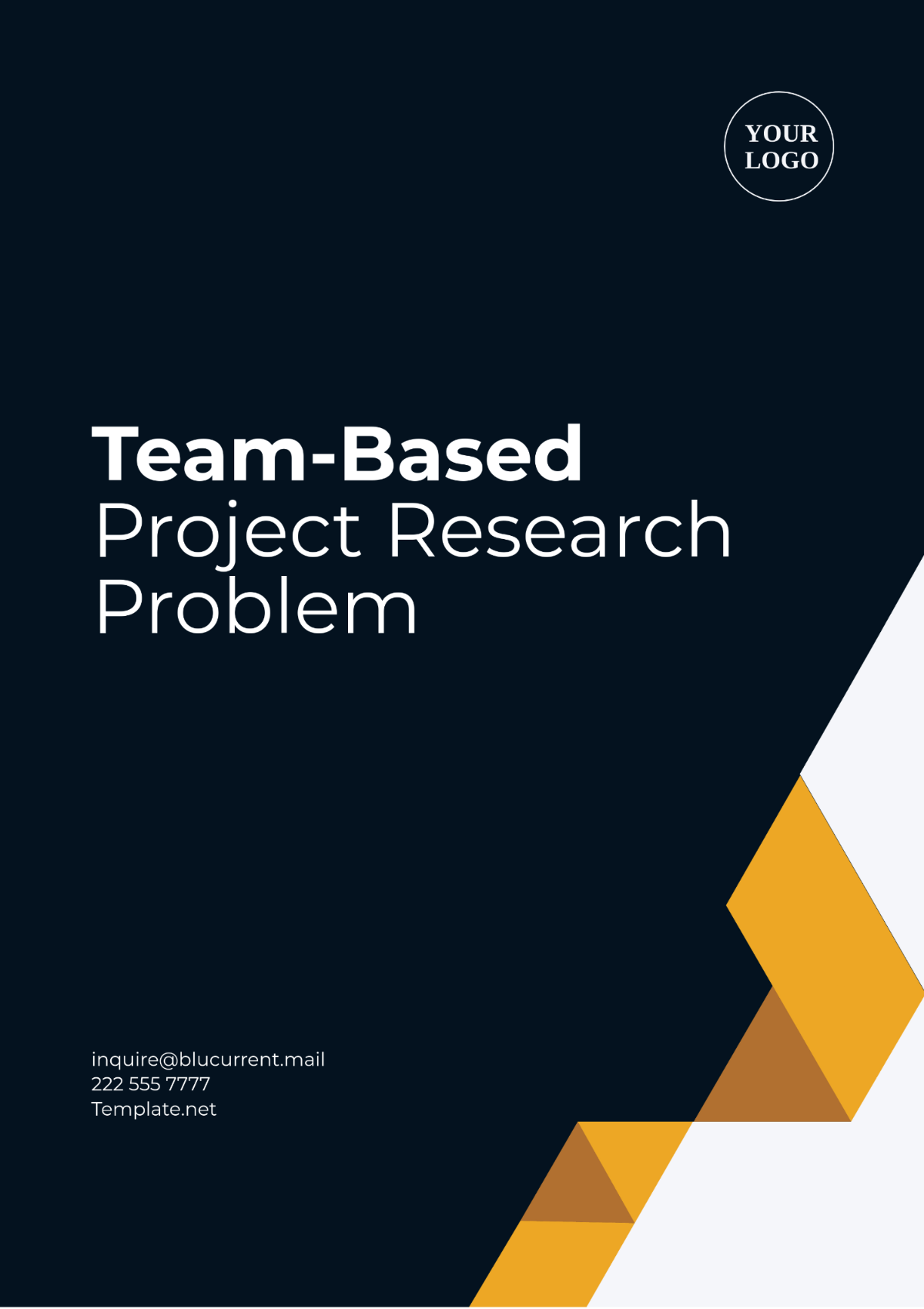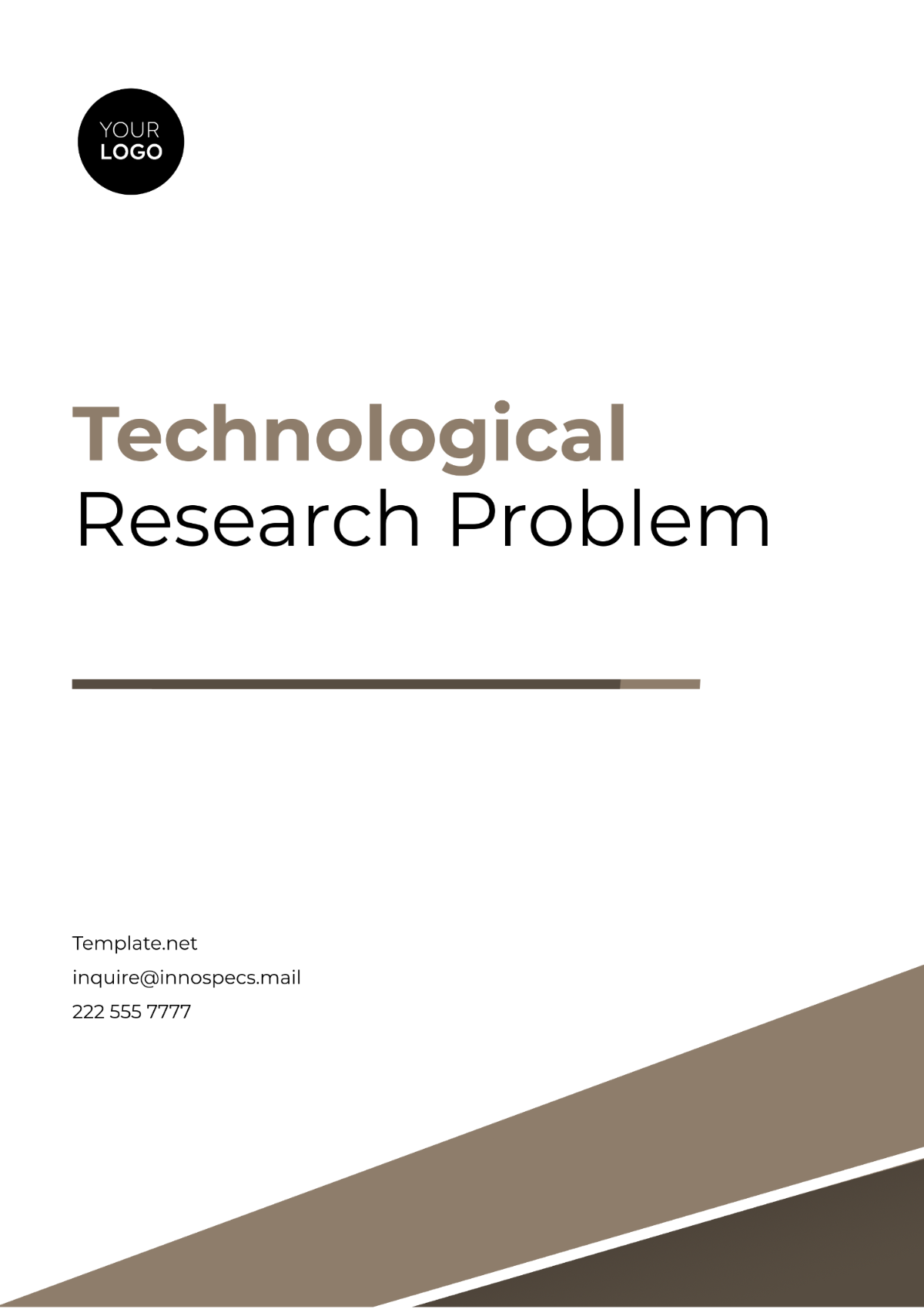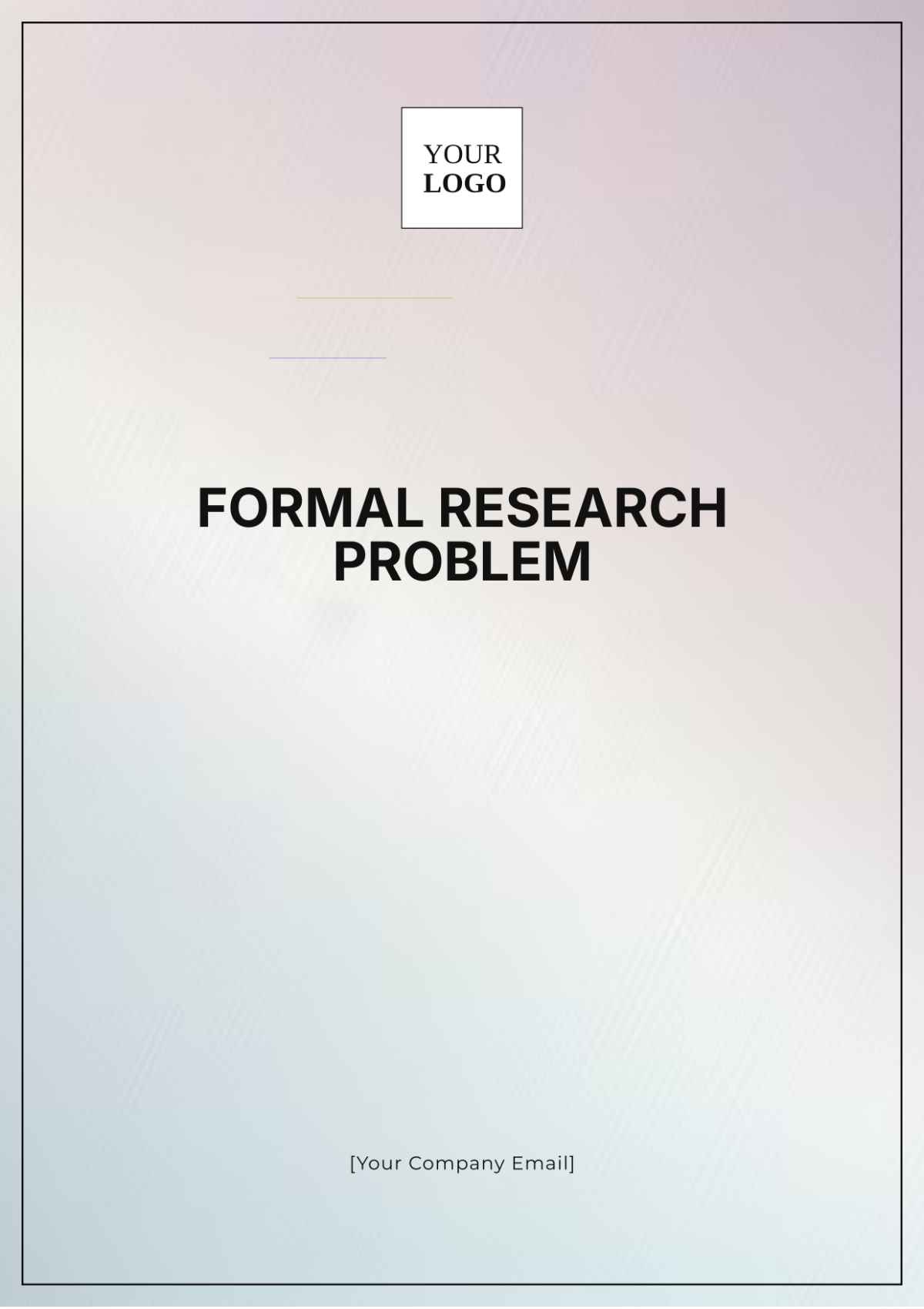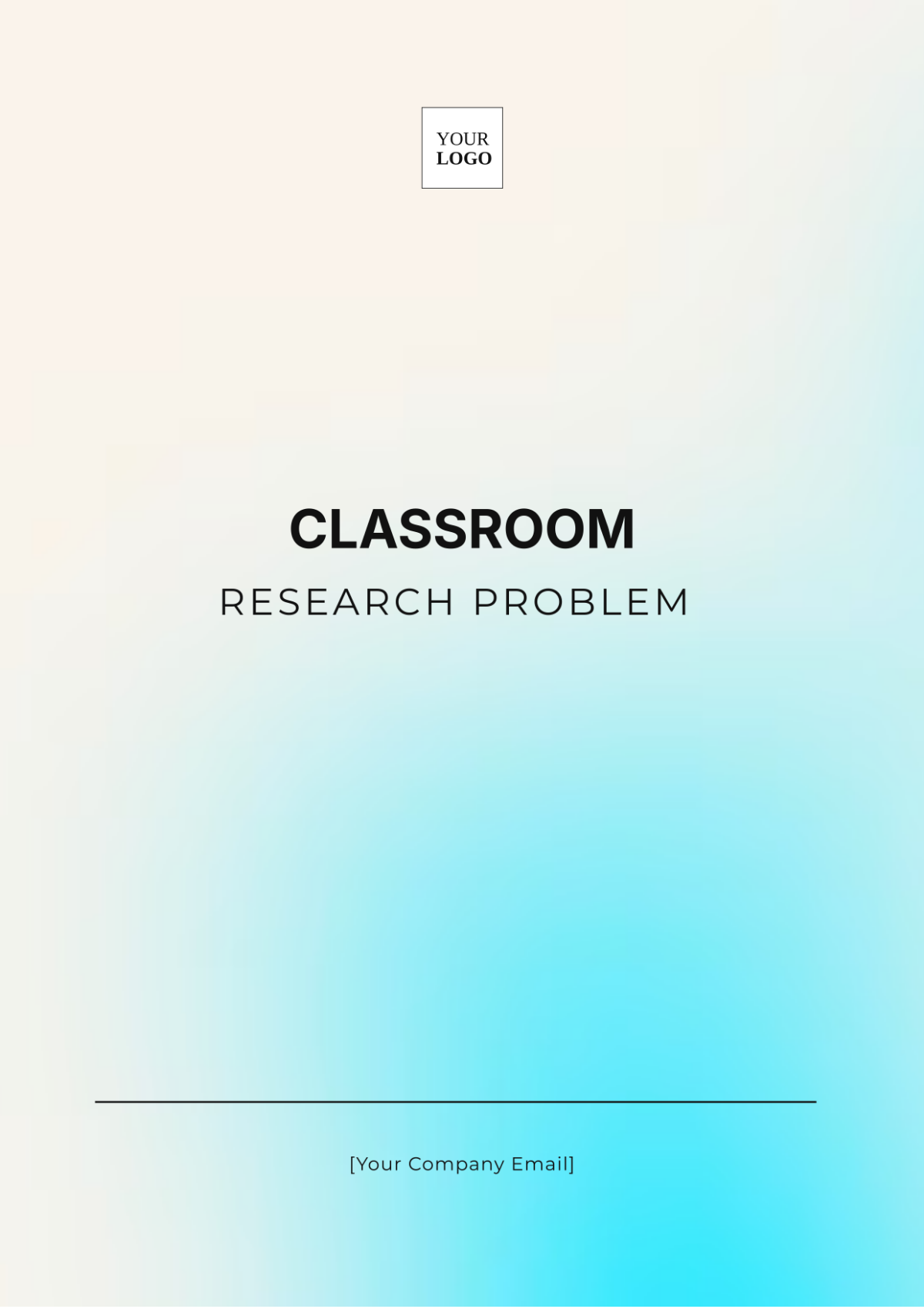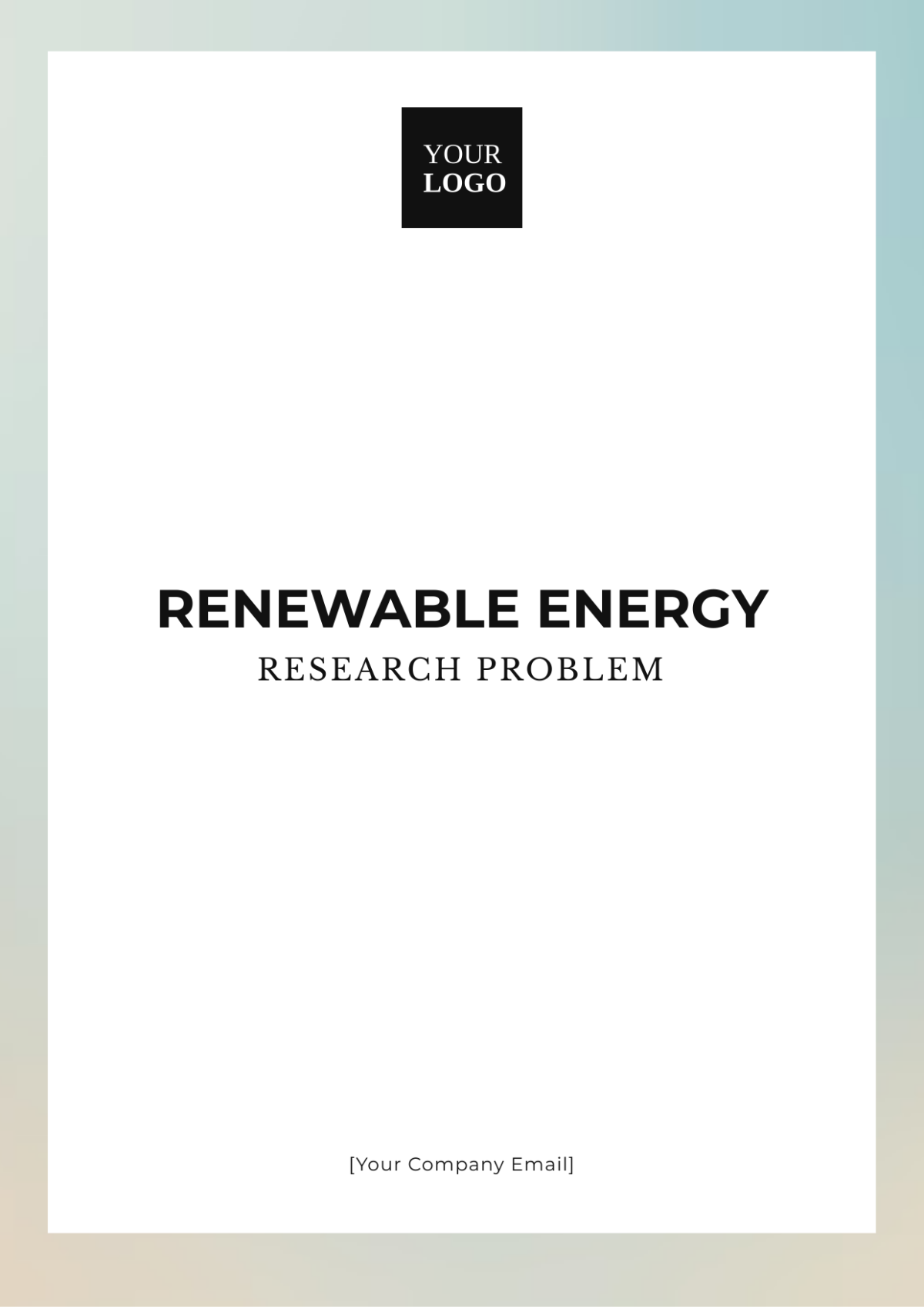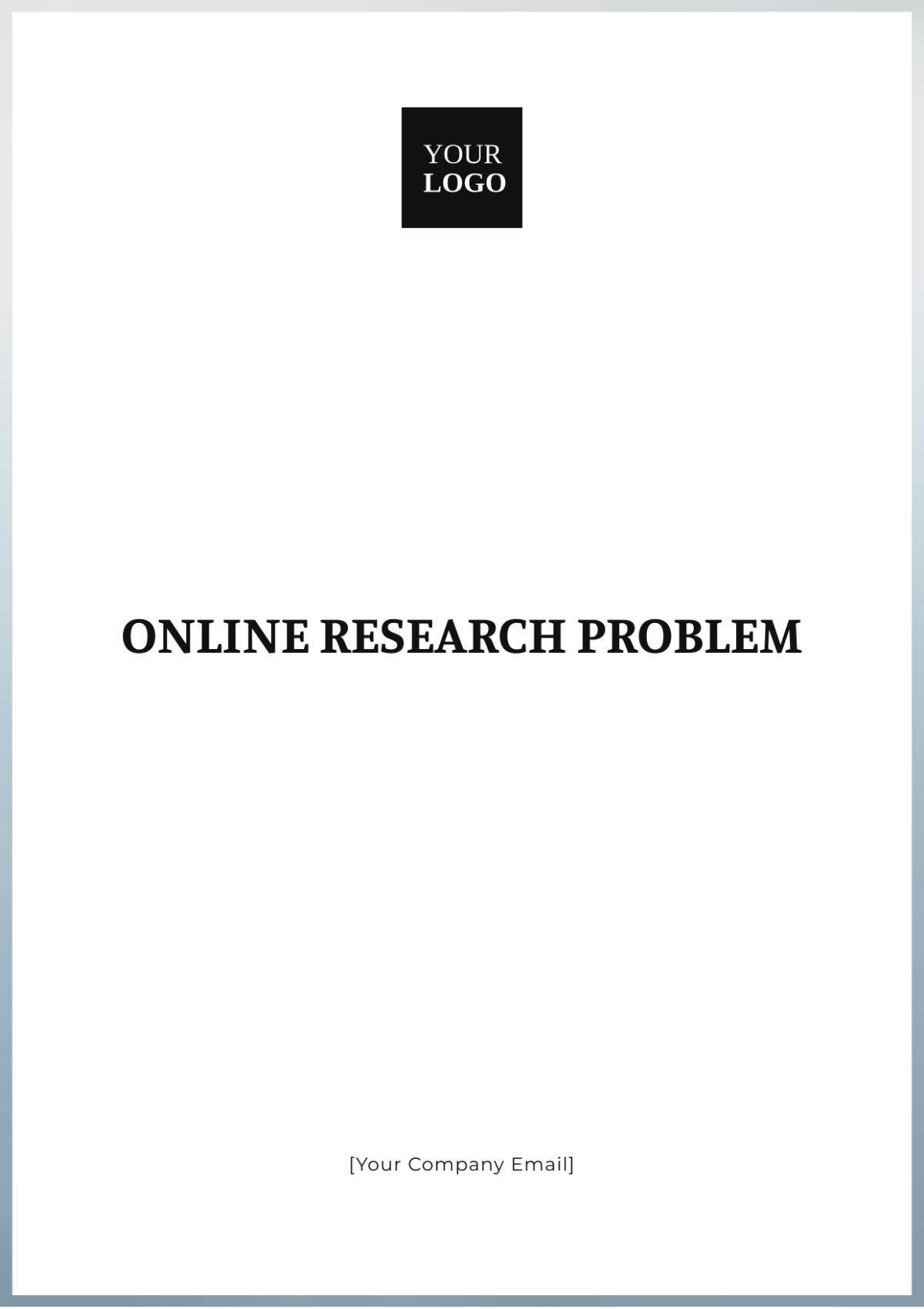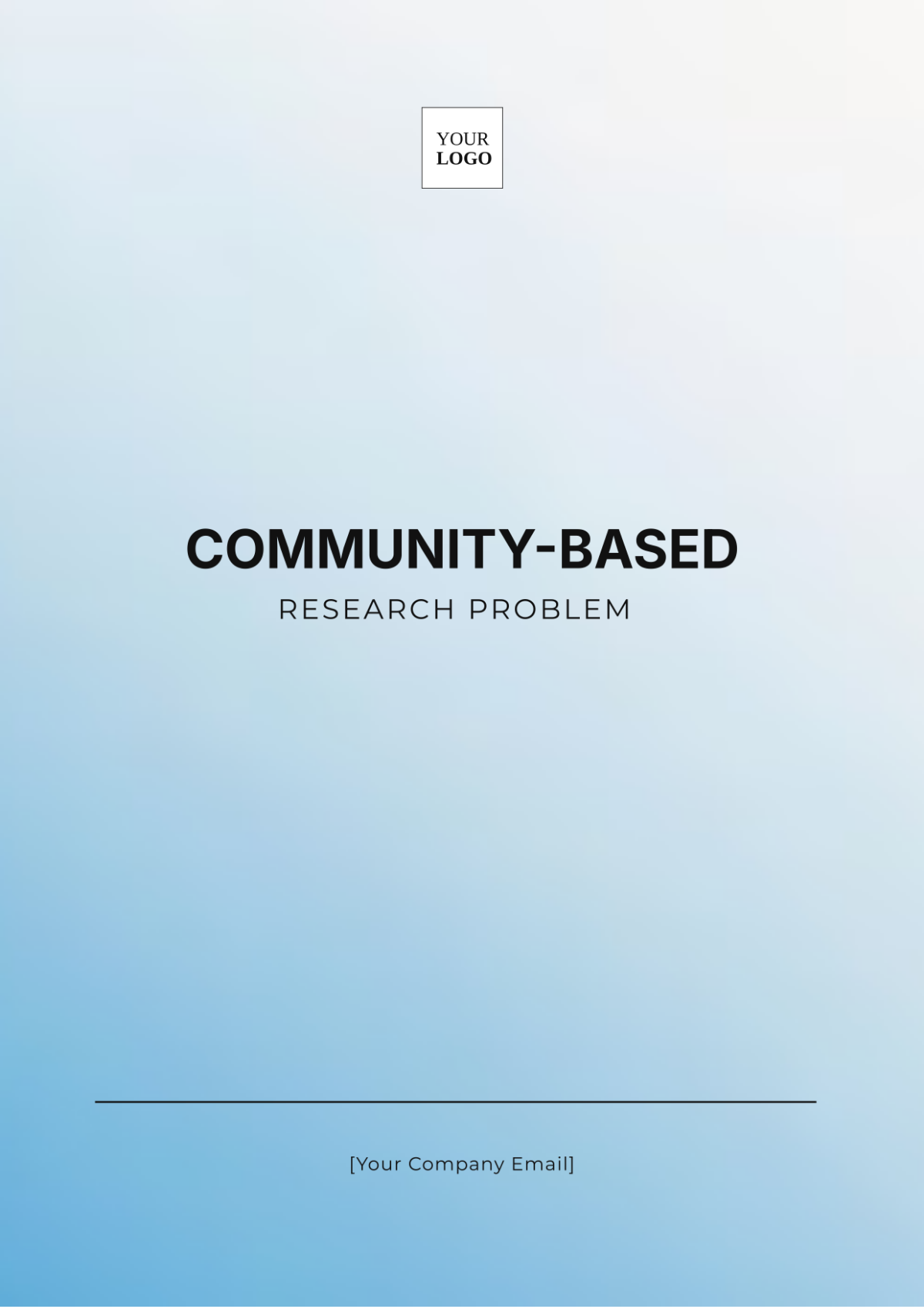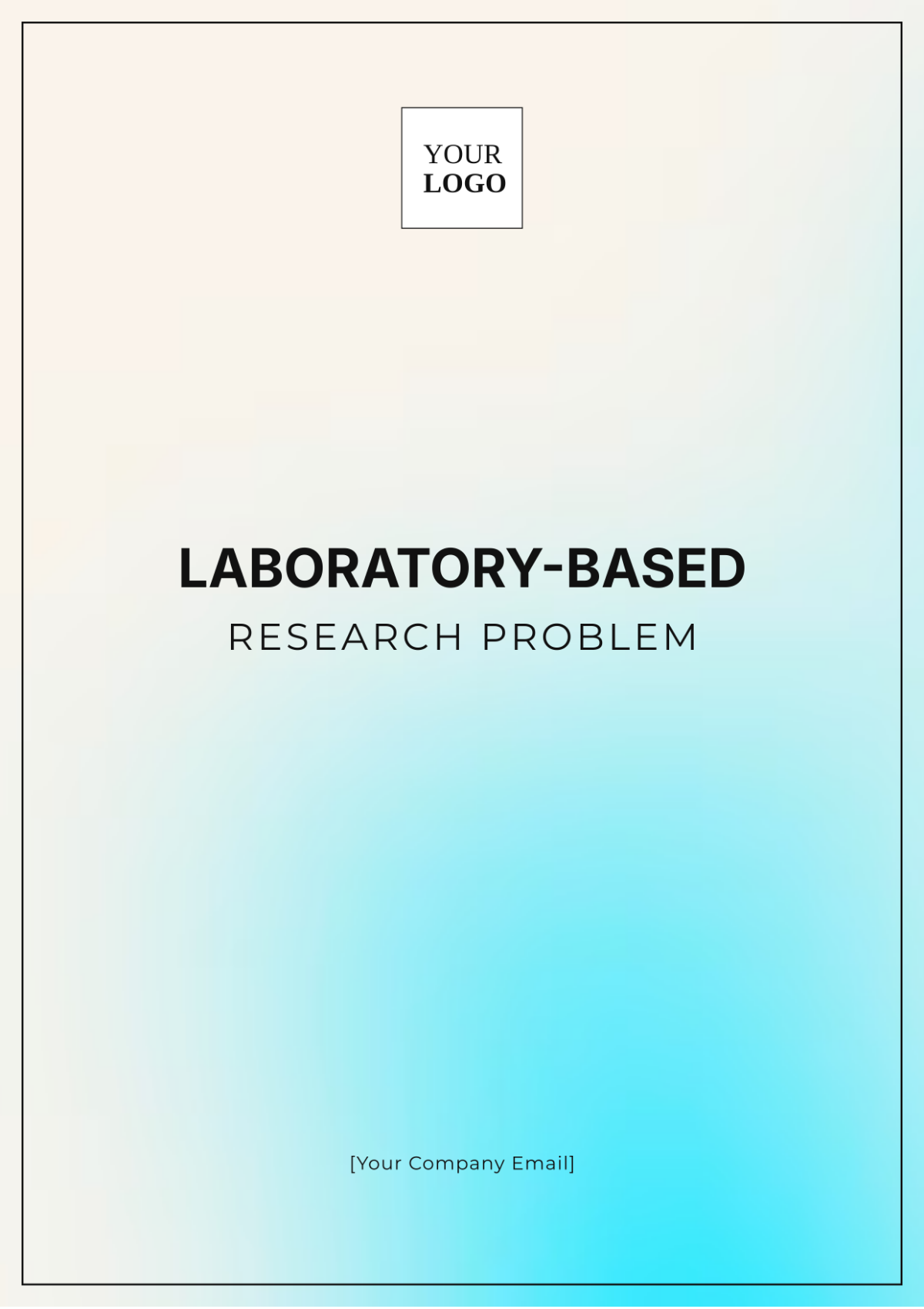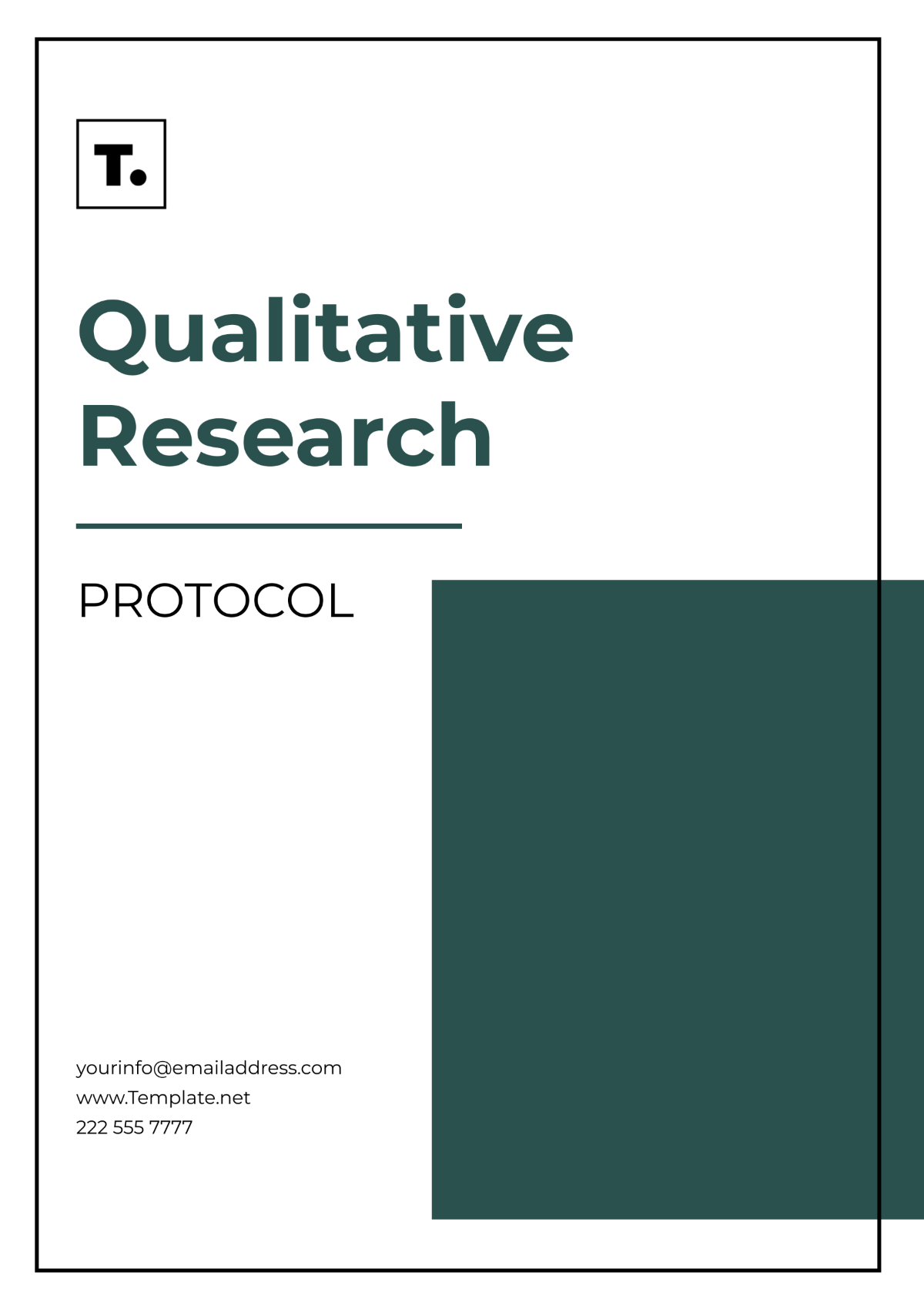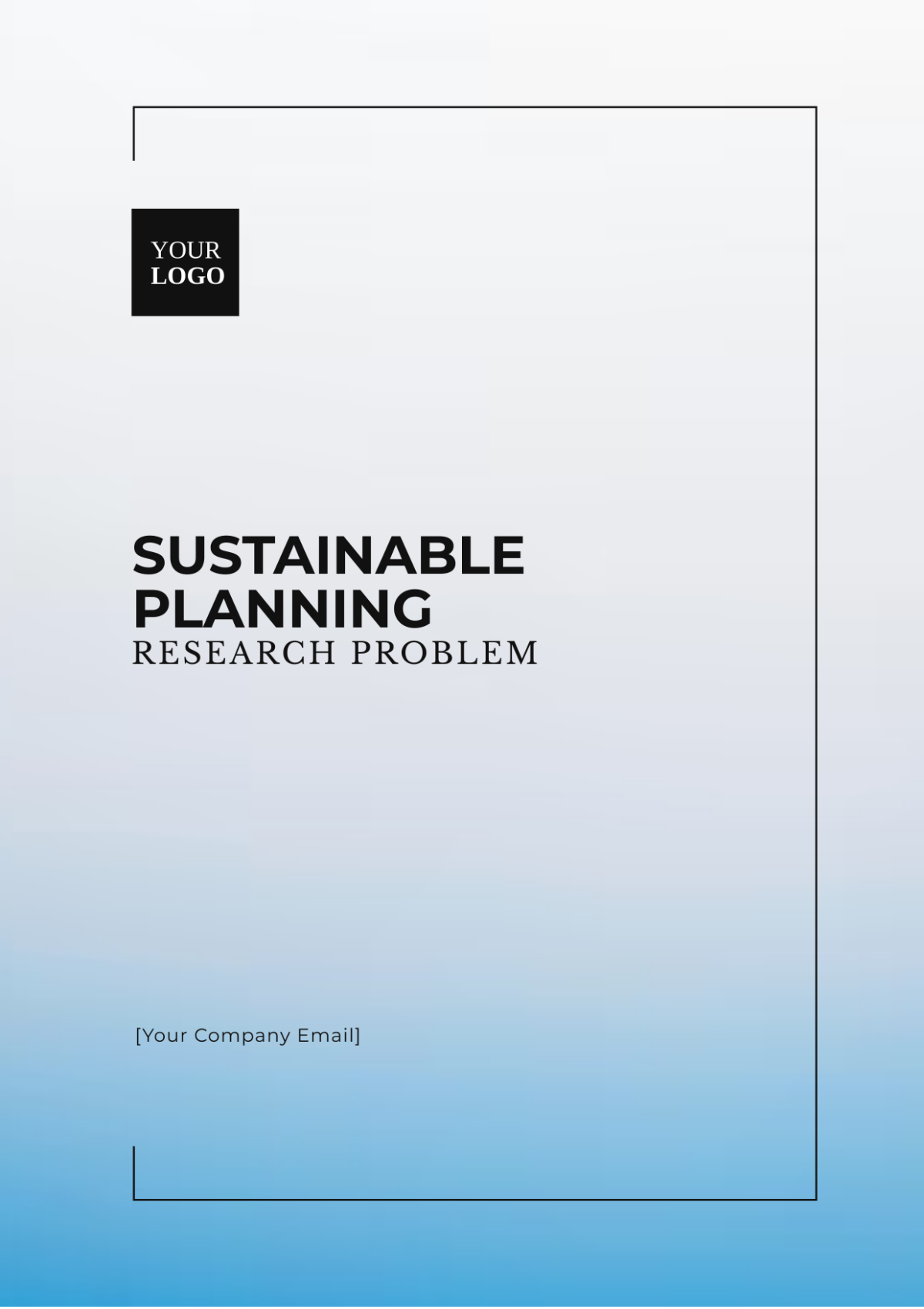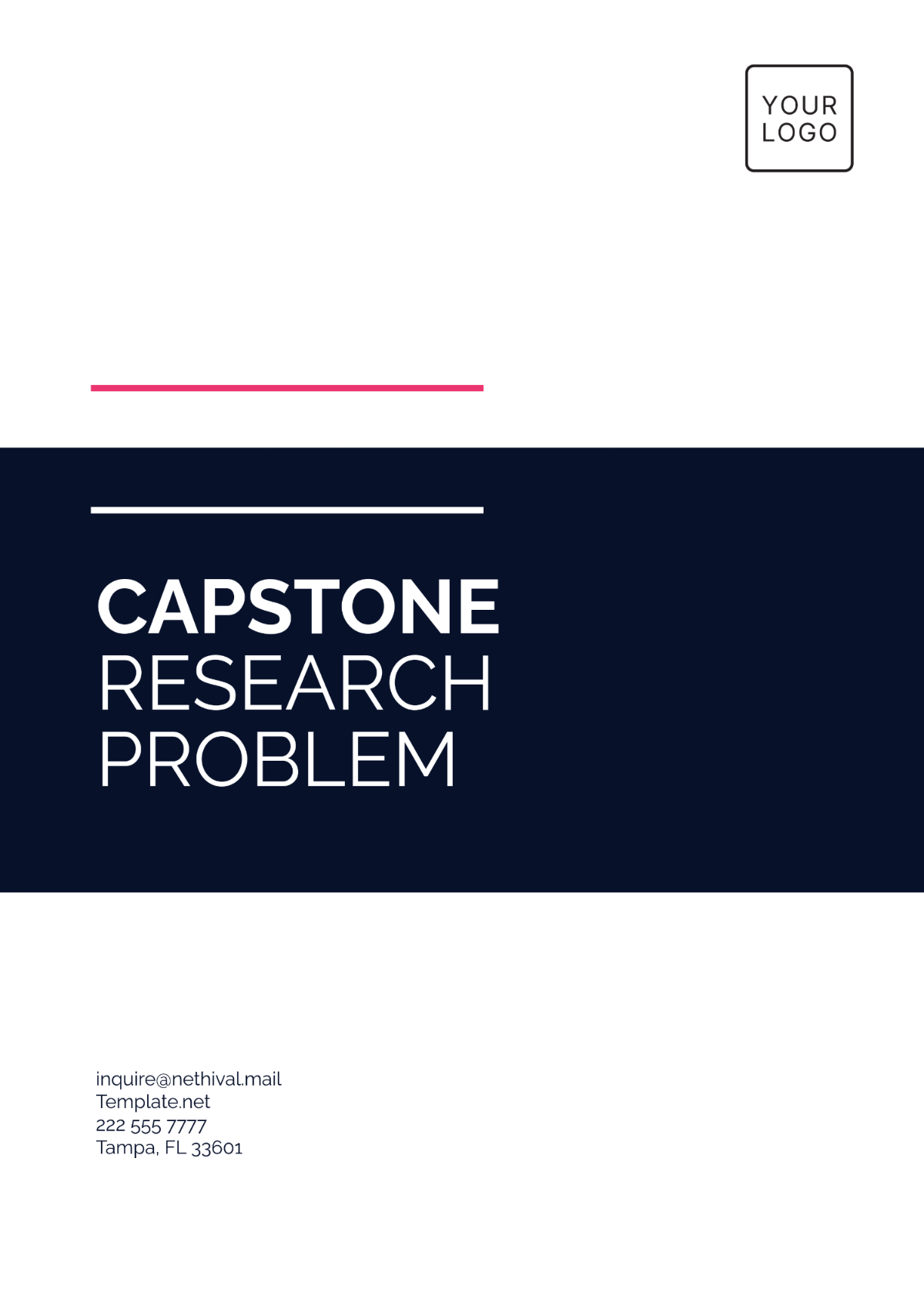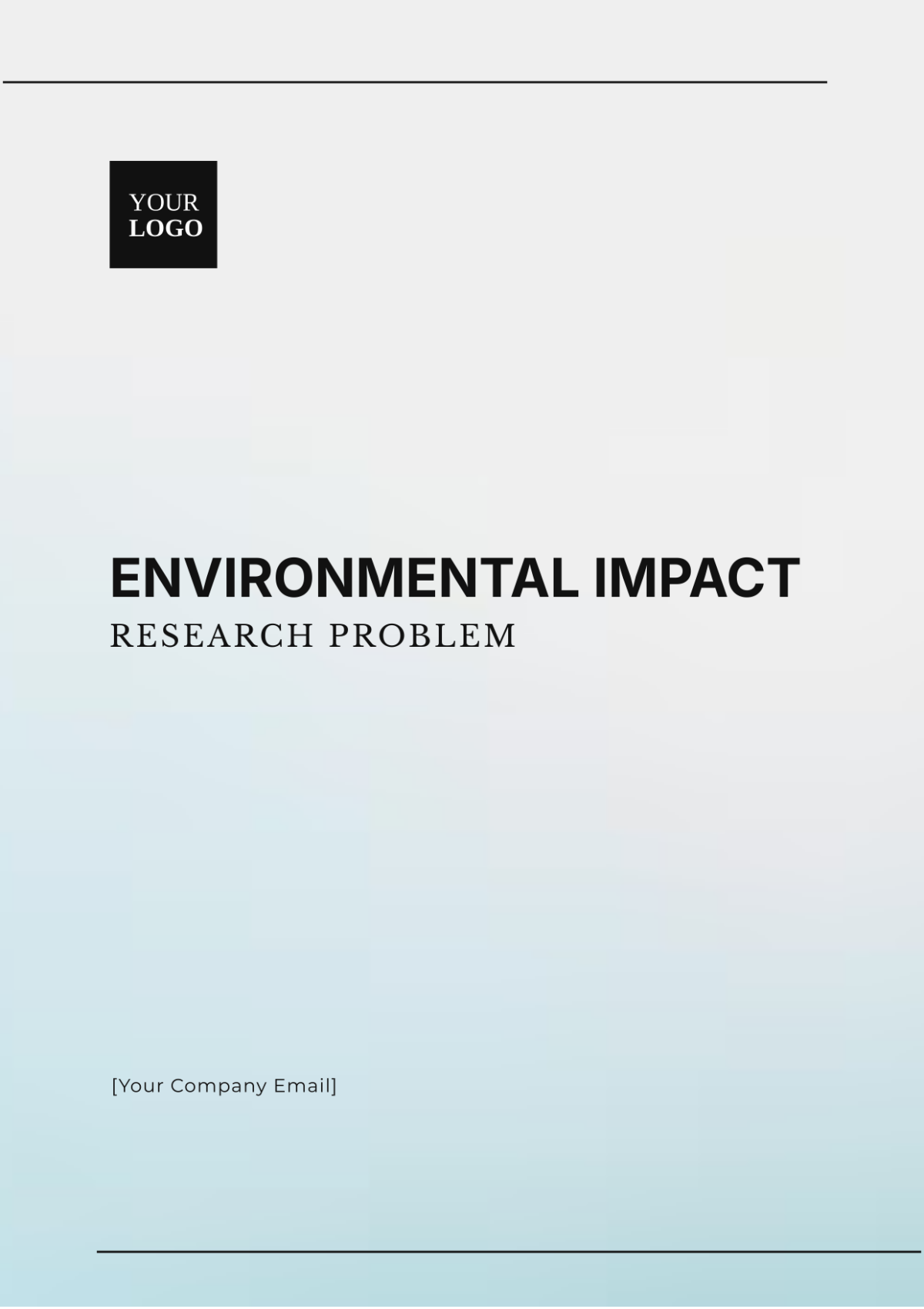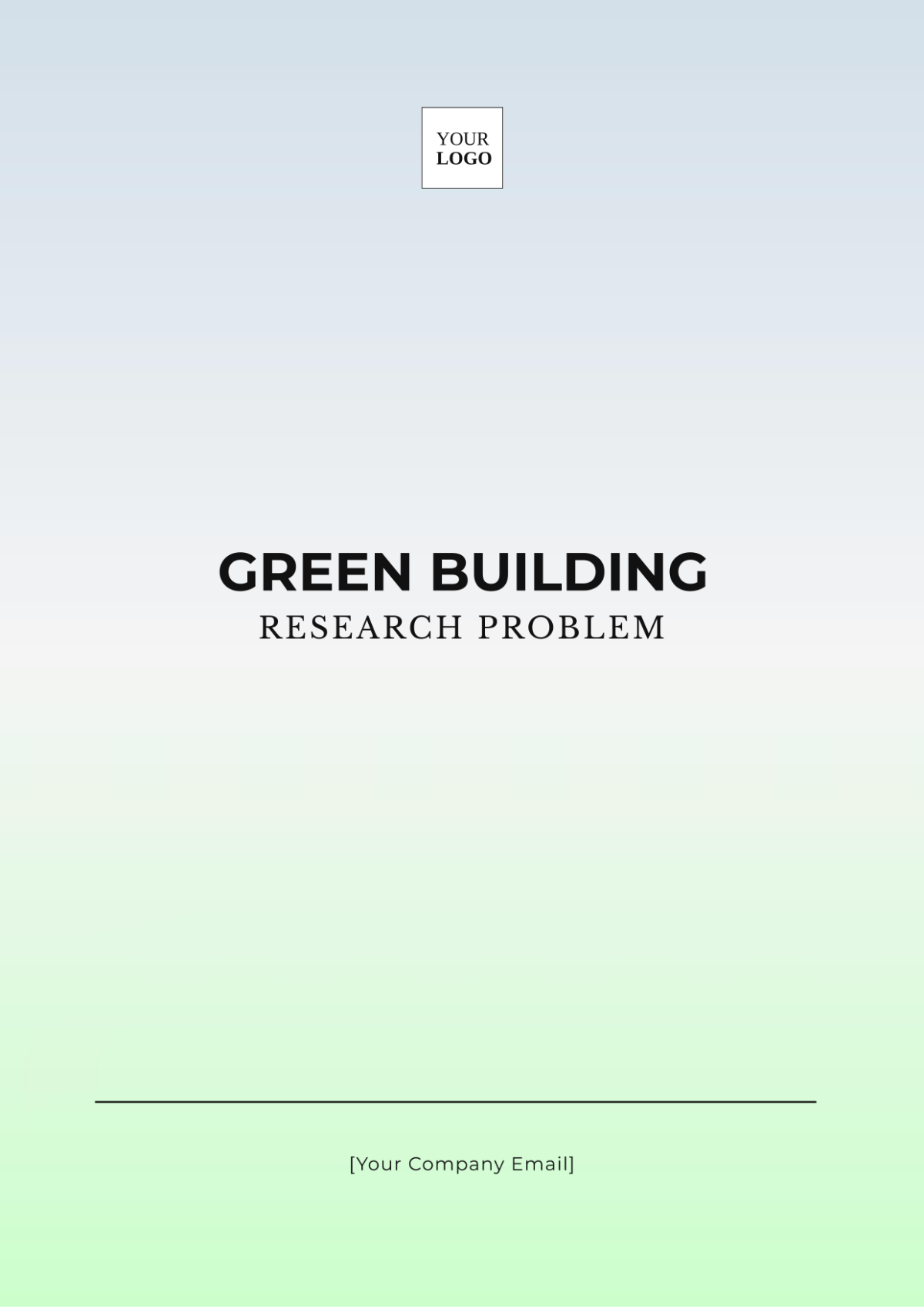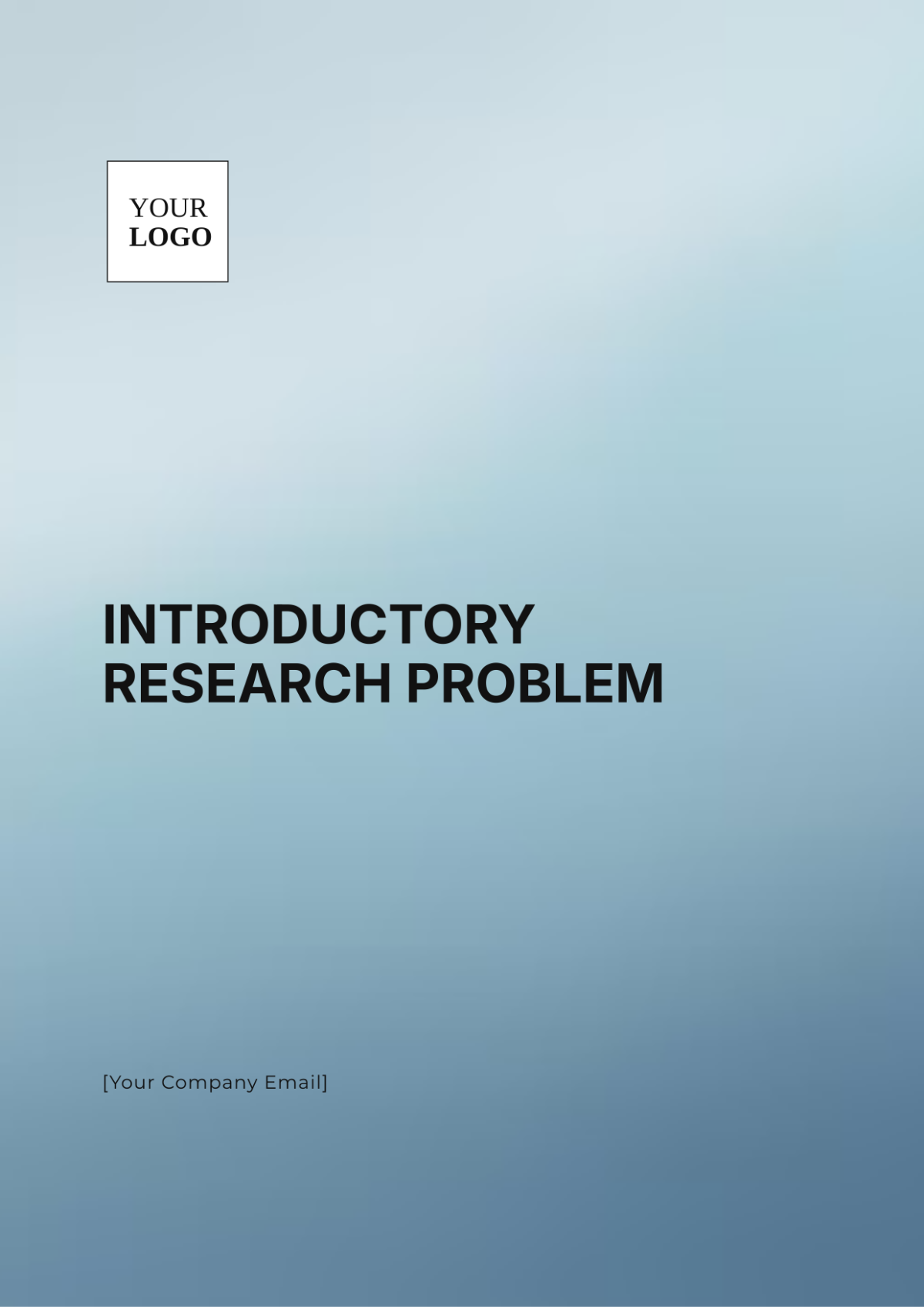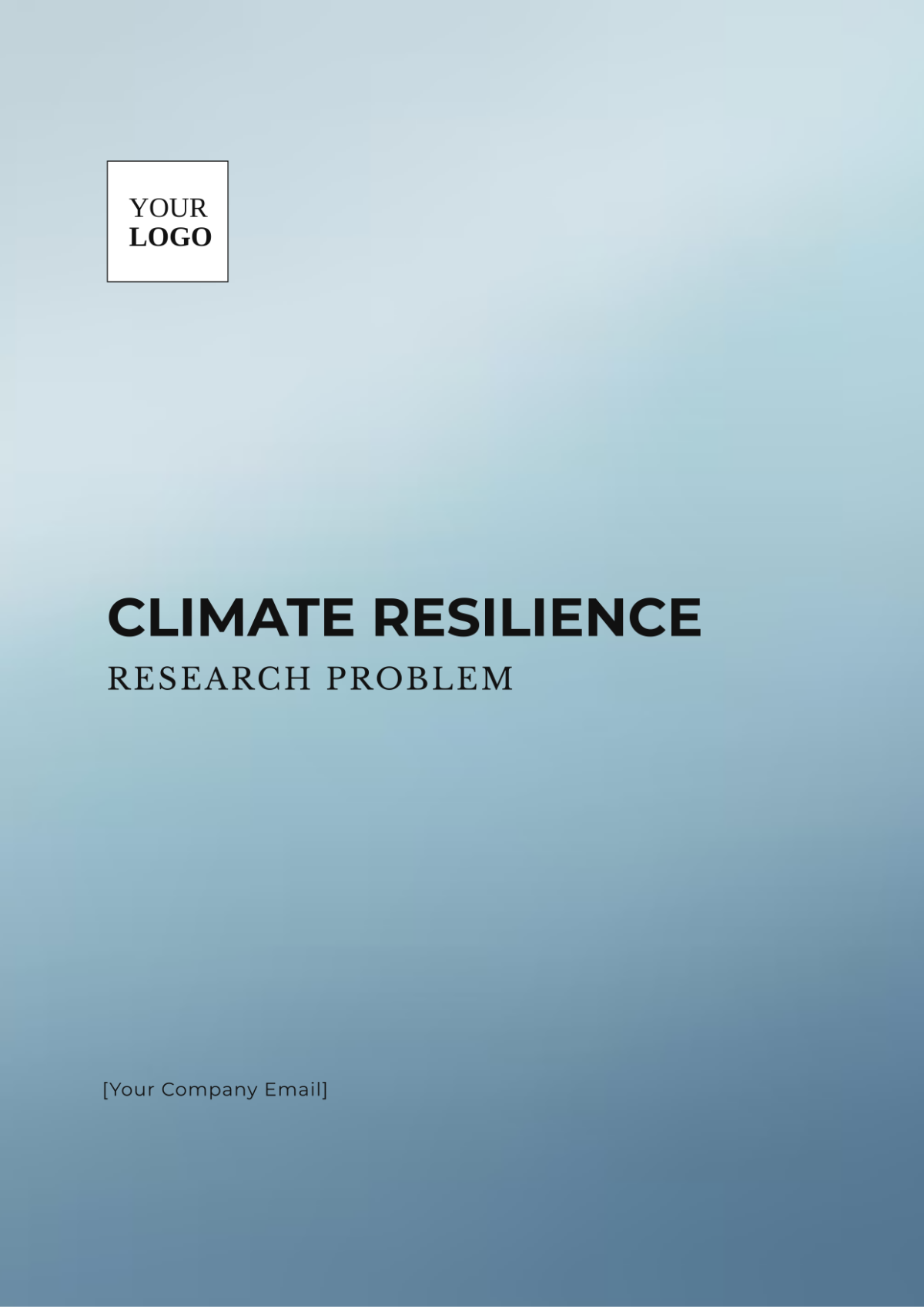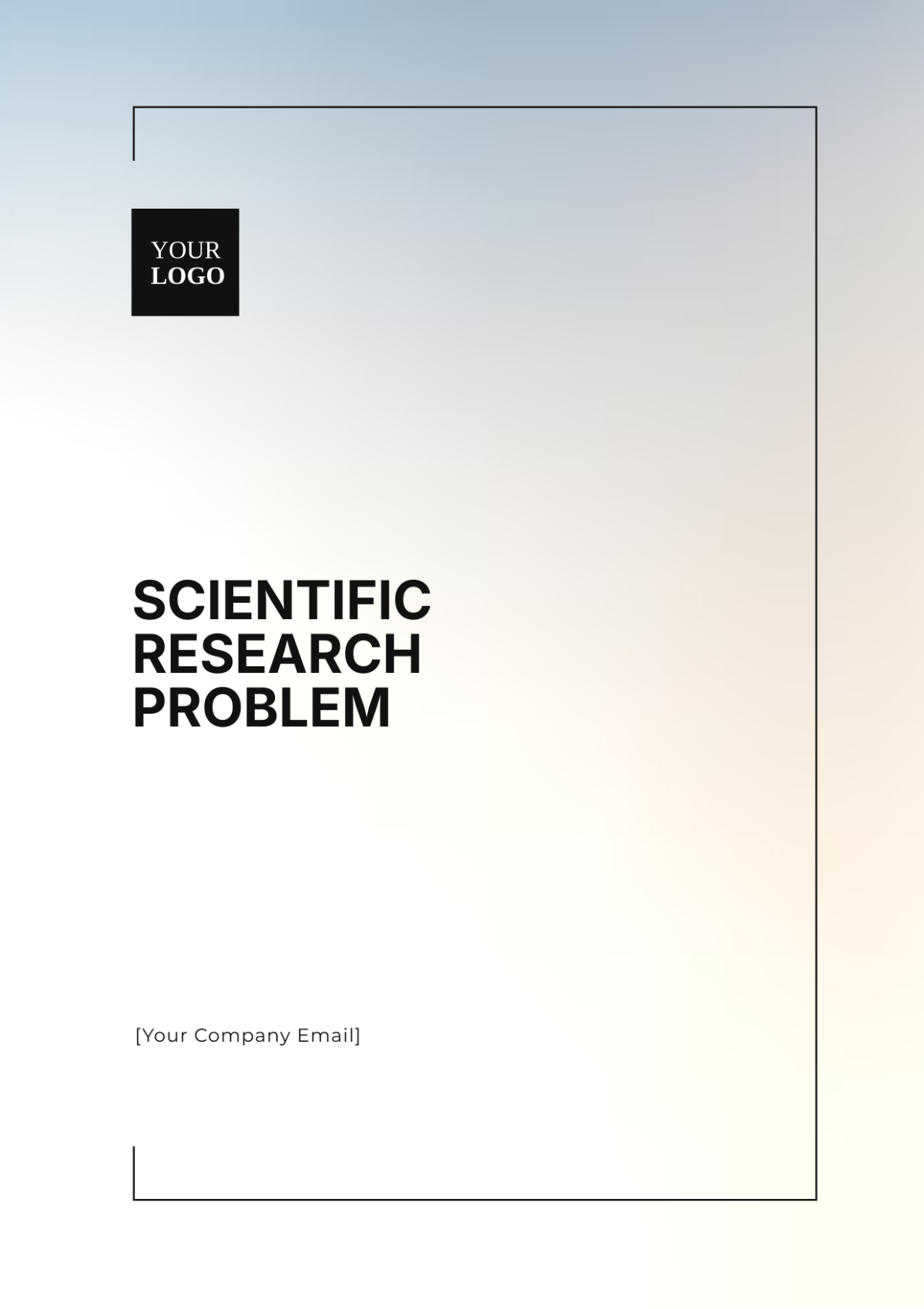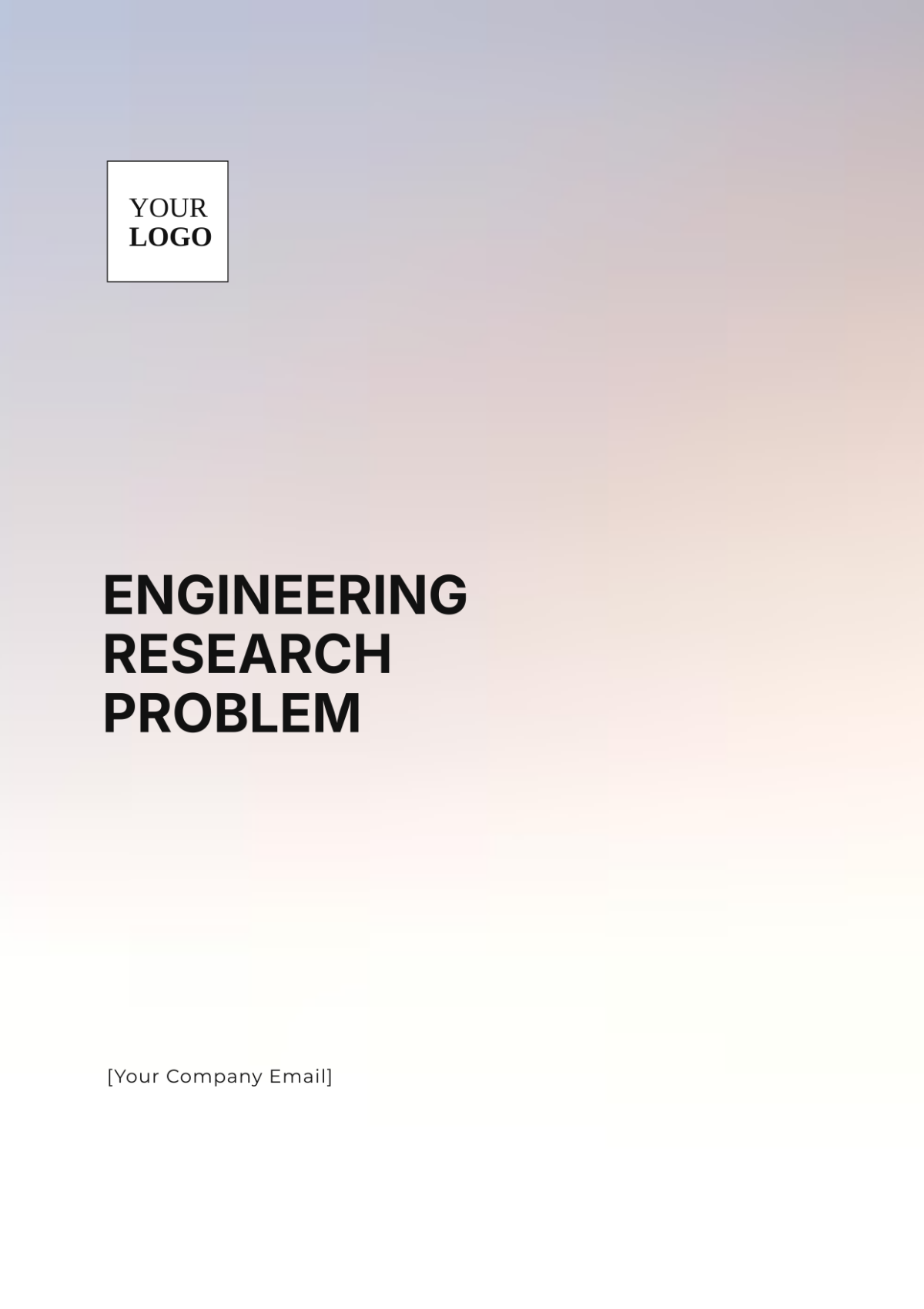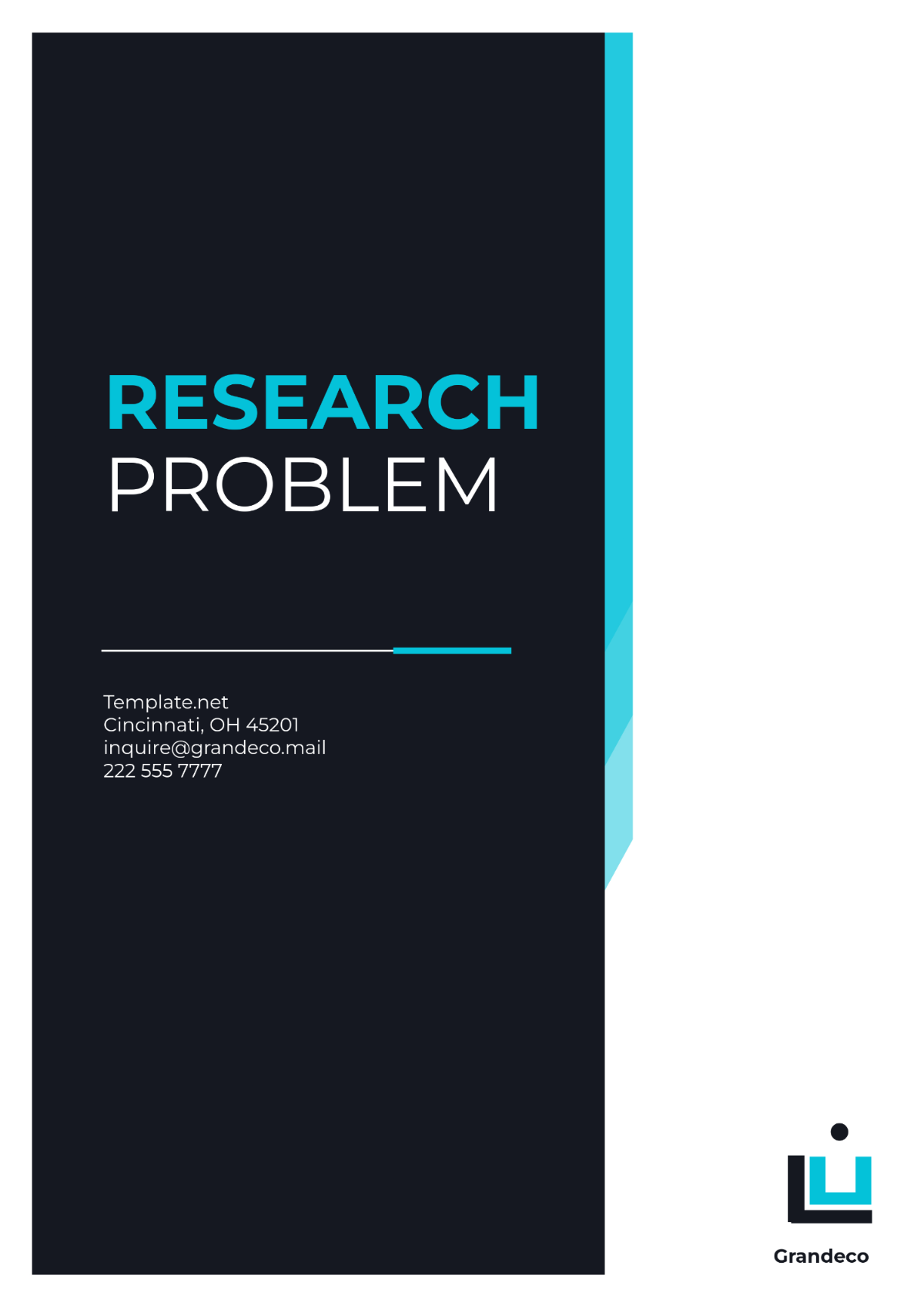RESEARCH ASSISTANT CV
ADDRESS: | [YOUR COMPANY ADDRESS] |
WEBSITE: | [YOUR COMPANY WEBSITE] |
SOCIAL MEDIA: | [YOUR COMPANY SOCIAL MEDIA] |
I. Objective Statement
Motivated Research Assistant with a strong foundation in scientific research methodologies, aiming to leverage my educational background in Molecular Biology to contribute to groundbreaking research initiatives aimed at addressing global health challenges.
II. Education
Bachelor's Degree in Molecular Biology |
Research Experience in Cancer Biology |
Conducted over 50 experiments investigating various aspects of cancer biology, focusing on cell signaling pathways and tumor microenvironment interactions.
Collaborated with multidisciplinary teams to analyze and interpret complex data sets, contributing to several high-impact publications in renowned scientific journals.
Presented findings at 5 national and international conferences, receiving positive feedback from peers and experts in the field.
Published 3 research papers as a primary author and contributed to 2 others as a co-author.
III. Work Experience
Research Assistant |
Perform experiments using cutting-edge molecular biology techniques such as PCR, gel electrophoresis, and DNA sequencing to investigate gene expression patterns in cancer cells.
Analyze experimental data using advanced statistical methods and bioinformatics tools, including R, Python, and MATLAB.
Communicate research findings effectively to project team members through oral presentations and written reports.
Collaborate with external partners from academia and industry on joint research projects, fostering productive relationships and sharing expertise.
IV. Skills
Technical Skills |
|
Interpersonal Skills |
|
V. Languages
English (Native proficiency)
Spanish (Intermediate proficiency)
VI. Projects
Project Title: "Exploring Novel Therapeutic Targets for Breast Cancer Treatment"
Description: Led a research project focused on identifying and characterizing potential therapeutic targets involved in breast cancer progression and drug resistance. Employed a combination of cell culture, molecular biology techniques, and bioinformatics analysis to elucidate the underlying mechanisms.
Outcome: Generated promising preliminary data indicating the efficacy of targeting specific signaling pathways in inhibiting tumor growth. Presented findings at the Annual Meeting of the Society for Molecular Biology and published a review article summarizing the research in a leading oncology journal.
VII. Professional Affiliations
Member, American Association for Cancer Research (AACR), since 2057
VIII. References
References are provided upon request.
















